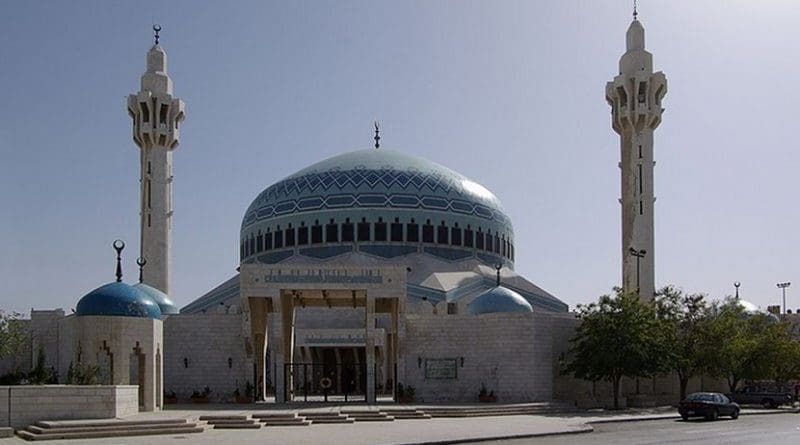Jordan: Half Of Mosques Without An Imam
Jordan has around 6,000 mosques, 3,000 of which do not have officially assigned imams (Muslim clerics who lead prayers at the mosque), an official source, who preferred to stay anonymous, told The Jordan Times on Sunday.
In some mosques, local residents volunteer to lead prayers, but without the salary an imam is usually paid, the source added.
The Awqaf Ministry is working to reduce the number of mosques that host the Friday prayer, Anas Sweileh, head of the Awqaf Ministry’s media department, told The Jordan Times over the phone.
“The measure is intended to unify people, not divide them,” Sweileh said, adding that, on Fridays, some mosques have less than 10 people attending to perform the weekly prayer.
For Friday sermons, the ministry issues weekly unified topics outlining the main points and verified Hadiths (sayings of Prophet Mohammad), in order to ensure that people leading the prayer do not violate the principles of sermons.
“The ministry does not control what imams say during a sermon, but rather ensures that they are using genuine Hadith and relevant subjects that concern peoples’ lives,” Sweileh stressed.
In light of the shortage of imams, the ministry announced the need to appoint new imams who will be remunerated with monthly salaries, free housing or volunteer imams. However, the number is still much lower than needed.
The construction of mosques in Jordan is usually funded by the government or donors, who do not provide funds for the mosques’ staff.
The ministry is now calling for donations to be directed towards beneficiaries other than mosques, the official said.
Other forms of charity include building complete or parts of schools, hospitals and orphanages, Sweileh said highlighting that Jordan does not have a shortage of mosques.
In light of the Syrian refugee crisis, schools and hospitals are overcrowded, Sweileh said, adding that donors can also help in buying medicine or medical devices and donate them to hospitals, pay for education of underprivileged students, or donate for the Zakat Fund, which supports thousands of families across the Kingdom, by direct aid or by funding income-generating projects.

